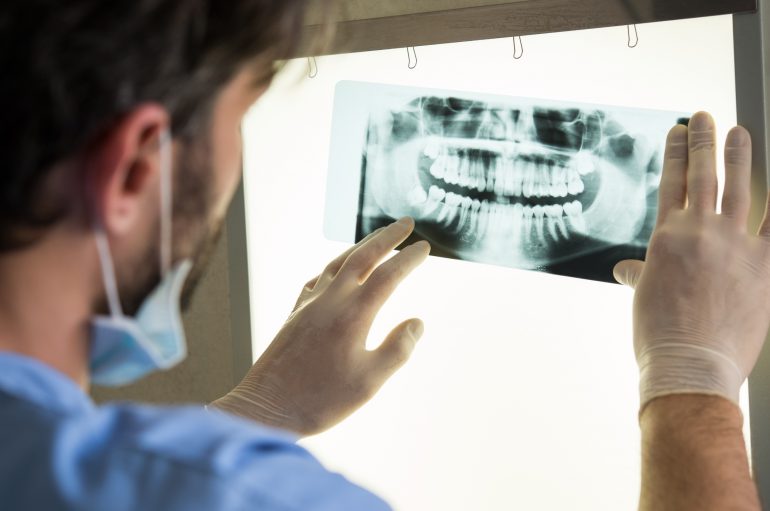California lawmakers are considering several bills to improve and expand access to Denti-Cal, the state’s troubled dental program for low-income people — including ones that would draw from the state’s new tobacco tax to boost dentists’ pay.
Assembly Bill 753, introduced by Assemblywoman Anna Caballero (D-Salinas), would direct money from the state’s new tobacco tax to broaden access to Denti-Cal, which for years has been faulted in state and federal reports. The bill will be heard in the Assembly Committee on Health on Tuesday.
A 2014 California state auditor’s report showed that fewer than half of the children eligible for Denti-Cal benefits actually saw a dentist in the previous year.
Critics say access to care suffers because Denti-Cal payments to dentists are so low that many can’t afford to participate in the program. The auditor’s report also found that Denti-Cal payments for the most common procedures averaged $21.60, about 35 percent of the national average.
In the next fiscal year, Caballero’s bill would earmark $300 million of the almost $1.2 billion expected in new Medi-Cal funding from the state’s tobacco tax revenues. In future years, the bill would require at least 15 percent of those revenues to be spent on Denti-Cal services.
Most of the money would go toward boosting payments to dentists who provide preventive services to adults, such as regular teeth cleanings. A program known as the Dental Transformation Initiative, funded by both state and federal dollars, offers extra money to dentists for children’s preventive services.
Caballero said she believes California voters who approved the tobacco tax last year wanted the money to be used to improve underfunded programs like Denti-Cal. “We want to make sure that this intent is kept alive,” Caballero said.
Caballero represents a largely rural district that includes the Salinas Valley, San Benito County and Watsonville. She said there are not enough dentists overall in the region, let alone ones who can afford to see Denti-Cal patients.
Dr. John Blake runs the Children’s Dental Health Clinic in Long Beach, where 85 percent of the patients are on Denti-Cal. Blake said Caballero’s legislation is a good start, although it probably is not enough to draw more dentists into the program, he said.
The initiative would help fill gaps in preventive care, he said, but adults may have serious dental disease and dentists would find themselves in a difficult position if they detected it during basic cleaning and screening.
“The adult population is a different beast from a treatment standpoint,” Blake said. “We’ve done all this cleaning, but now we need root canals and extractions…how do we cover this?”
Caballero’s bill would also require that some of the tobacco tax money be used to increase payments to dentists for the 20 most common dental procedures for children, such as X-rays and fillings. This would supplement and expand efforts by the Dental Transformation Initiative.
Another bill, AB 15, introduced by Republicans late last year, would require that Denti-Cal rates be doubled for the 15 most common prevention and treatment services.
Blake said most dentists ask only that Denti-Cal payments match the national median rate, and that’s not taking into account that California tends to have higher living and business costs.
Using tobacco tax money to improve Denti-Cal makes sense, Blake said. That was the intent of the proposition to better Medi-Cal, including its dental program.
“We’d certainly like to see that honored,” Blake said.
AB 15 cleared the Assembly Health Committee last month and next will be heard by the Assembly’s Committee on Appropriations. A hearing date has not yet been set.


